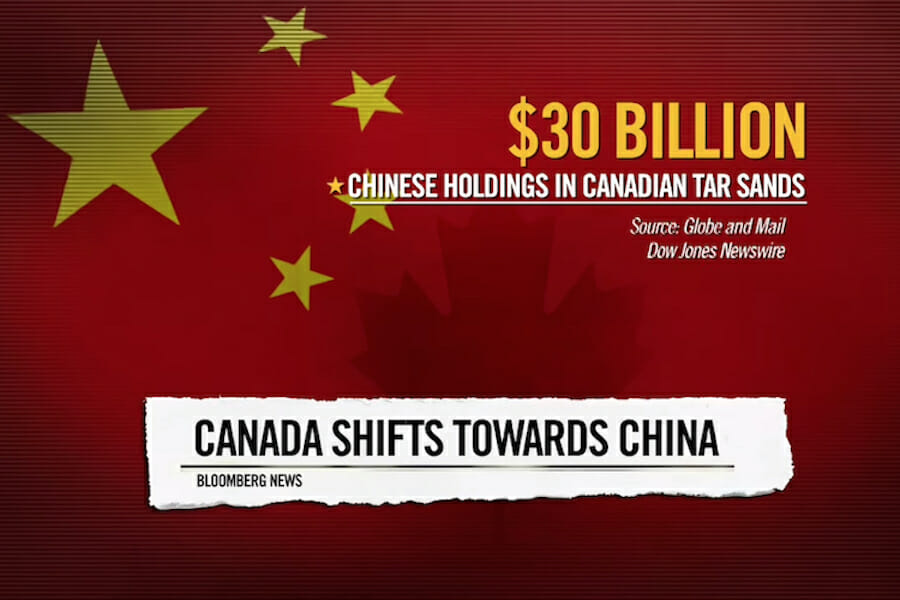
Media
Anti-Chinese Rhetoric Requires Attention
The pro-government, anti-Western political rhetoric that permeates much of China’s state-run media is well known in the West. But our understanding of the anti-China bias which frequently permeates our own Western media outlets is not as well explored. An editorial published in the May 21st edition of Canada’s National Post – one of the country’s largest newspapers – exemplifies the condition of embedded Sinophobia that has taken root in Western media.
The editorial – by Lawrence Solomon – opens with a withering description of the problems with China’s government, followed by a glowing description of India’s. Solomon then disapprovingly observes that the University of Toronto and PEN International recently released a report condemning India’s record on freedom of expression rights, asking: “What would motivate PEN and U of T to attack the democracy and not the dictatorship?”
The anti-China bias that is inherent to Mr. Solomon’s question is obvious because a cursory review shows that both PEN and the University of Toronto have frequently criticized China’s human rights record.
The latest issue of the University of Toronto’s quarterly human rights review even features an interview with a prominent member of Hong Kong’s pro-democracy “Umbrella Movement.” PEN and the University of Toronto’s criticism of India thus have nothing to do with China, and so Solomon’s invocation of China is an irrelevant non-sequitur.
Solomon’s article is a representation of the broad acceptance that anti-China rhetoric has gained in Western media. One of the most notable examples of this acceptance is an advertisement that aired before and after Barack Obama’s 2014 State of the Union address. This advertisement argued that the United States should not approve the Keystone XL pipeline from Canada because China was secretly behind the project, a claim for which the Washington Post found no evidence.
In both Solomon’s editorial and the Keystone advertisement, China is irrelevant to the actual topic being discussed. The country is instead used as a “bogeyman” to discredit an organization by implying that they are friendly with the “bad guys.” That Solomon’s clearly inaccurate article was approved for publishing by a major Western newspaper is a demonstration of how acceptable anti-China rhetoric has become in much of the Western media.
As geopolitical tensions in the Asia Pacific continue to increase, leaders from the United States, China, and other countries have repeatedly emphasized the need to build “strategic trust” between China and the West.
Such trust-building measures will be far more difficult if Western and Chinese media outlets continue to portray any relationship to the other strictly in negative terms.
